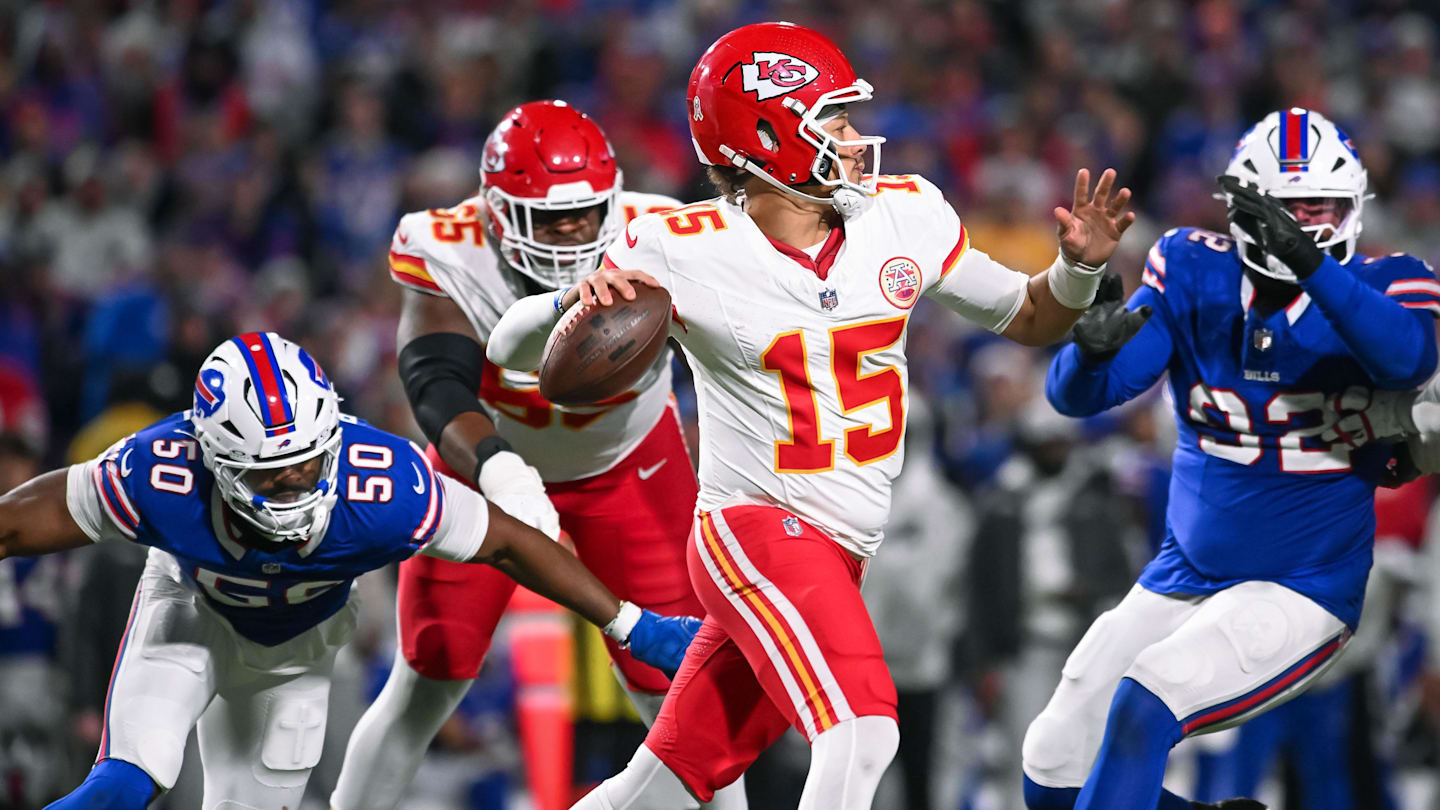Warning: Spoilers for Fallout: New Vegas and The Outer Worlds 2 lie ahead.
Fallout: New Vegas has been an elephant in the room when it comes to my experience playing The Outer Worlds 2. Game director Brandon Adler and creative director Leonard Boyarsky have respectively called it a “natural comparison” and a “touchstone” in their latest game’s development.
“It had a lot of the elements that we knew we wanted to push forward: the deeper RPG, the more omnipresent factions and how they fit into the world, the type of open story that we wanted to tell, and even just the exploration of the world itself,” Adler told GamesRadar back in August. “We even have a bunch of people at the studio that have already worked on [New Vegas]. It just really matched the values that we were trying to hit on this next game.”
As I wrote in my review, I don’t think New Vegas is the ideal comparison for The Outer Worlds 2. It belongs more in the realm of Avowed, not only sharing structural similarities with the fantasy RPG, but feeling like it’s at its best when it’s treading on the lighter side thematically, and focusing on just being plain fun. New Vegas, on the other hand, manages to nail that lighter side while also delivering a more serious and philosophical depth to its world, which has helped keep myself and others talking about it a decade and change down the line.
Drawing upon the post-apocalyptic America set up by Interplay’s classic Fallouts, which Boyarsky and fellow Outer Worlds 2 collaborator Tim Cain were key figures in creating, New Vegas presents a gritty battle to decide the future direction of a fractured nation gradually recovering from atomic devastation. The slate has been wiped clean by the old world’s fiery demise. A new chapter of history brings new factions headed by individuals keen to grab the wheel of humanity, as they claw to drag the world out of a chaotic state of nature where simply surviving from day to day is the only goal most people have.
The NCR, Caesar’s Legion, and New Vegas itself are all headed by one or a collection of highly-motivated ideologues, with the player capable of becoming a faction leader in turn if you take the Independent route. The ideas they each represent – a return to the ways of pre-war America; a radical and totalitarian rejection of that proposed return to a status quo which saw humanity drive itself to near annihilation; an autocratic rebuild at the hands of a staunch capitalist, who considers himself “a technological and economic visionary” – are the pillars the main narrative’s built on. New Vegas’ central goal is to have you engage with each of these visions, before letting you decide which of them you want to hand the wasteland’s ball to. Or, try to come up with a new doctrine which balances the fate of countless people on your own shoulders.
The Outer Worlds 2, on the other hand, bases itself around the player’s quest as a chosen one to save the world, by stopping some science things doing a science thing. Main quest-wise, its war – between incumbent collectivist dictatorship The Protectorate, invading corporatists Auntie’s Choice, and determinist scholars The Order of the Ascendant – is a matter you generally engage with only in so much as it affects your ability to stop those science things. In line with that, these factions and their leadership often don’t feel as active as participants in shaping the game’s world as those in a deeper faction-heavy RPG would.
As for how the The Outer Worlds 2 got there – amid a push to keep the first game’s silliness, while driving into more difficult narrative territory – I think a fresh interview Boyarsky and Adler have given to The Verge offers some important insight. In it, Boyarsky says he and Cain “have always made games that are about what happens when people get power”, but that their goal alongside Adler wasn’t to have The Outer Worlds 2 feel like it was responding to the state of the world at a specific moment in time.
Interviewer Joshua Rivera then asks Boyarsky whether he reckons there’s a “meaner undercurrent” to the sequel’s satire, and whether this could lend itself to a harder-hitting examination of how the overbearing stewardship of corporations might feed the rise of fascism.
“We don’t talk about the fascist aspect of it, but we all end up in situations where we don’t have control,” Boyarsky responded. “Even people in power, whether it’s the real world or these games, I think people in power are as much victims of the system as anybody else. They think they’re in control of these things, but no one person can actually wield as much power as people want. Because you’re grown up in the system, you react based on how you were raised in the system, your beliefs that have come up through being told what’s right and wrong by your parents or society in general. So we all find ourselves in situations where it’s just like: I have no idea how I got here. I guess I gotta make the best of it.”
Boyarsky’s position absolves those tasked with making decisions which have far-reaching consequences beyond themselves of having to take responsibility for those calls. We’re all certainly influenced by our circumstances, but to solely point your finger at the vague and faceless ‘system’ feels reductive, and rather cynical.
Privilege also plays into how inescapable the wider circumstances you’re blaming are, as those living on the breadline are more likely to find scenarios that are not of their making with no safety net, lacking the means to extricate themselves. As such, your ire’s best aimed at specific people who have more capacity to make change. Fuck Elon Musk, Jamie Dimon, and Nigel Farage, rather than just fuck capitalism. The system isn’t some invulnerable and inevitable thing which runs of its own accord. It’s people who uphold and advance its principles, those who profit off of it or use it as justification to stomp on others.
In The Outer Worlds 2’s case, it’s corporate bigwig Auntie setting in motion a hostile takeover of fellow corp Spacer’s Choice. Then invading Arcadia – the sector of space the game’s set in – in an effort to stake out a fiefdom which might help save her job if contact’s ever re-established with Earth. It’s The Protectorate’s Sovereign and Consul overseeing lobotomy-esque ‘mental refreshment’ of any citizens deemed to act outside of approved norms, then ignoring the needs of their populace to engage in a misguided mid-conflict power struggle the player is given no agency in. It’s the Order of the Ascendant’s presiding bishop Ruth Basar being so deep in the sums and how they might magically solve all the world’s problems that she fails to prevent a sect of her order going rogue, and planning to carry out a bunch of murders in service of their equations.
The powerful aren’t victims. They might not be omnipotent, but they are complicit in whatever good, bad, or indifferent things are within their sphere of influence. However, The Outer Worlds 2 isn’t concerned with seriously holding these figures accountable for their actions, and the world they’ve created for the regular folk of Arcadia. Outside of allowing you to gun everyone down, it doesn’t offer the player much in the way of ways to influence these factions, or push their doctrines in different directions.
Instead, things mirror Boyarsky’s view that no one actually wields much power over their fate or the fate of the world around them. The result’s a game which views the world through a cynical smirk, with struggles portrayed in largely practical terms when you scratch their surface and ideologies treated more like pure buzzwords. They’re just the things people say to justify their self-focused muddling through.
It’s an interpretation of how societies work that leans into nihilism, rather than entertaining any idealism, and leads The Outer Worlds 2 off on a very different path in terms of RPG makeup than New Vegas.
Source link


